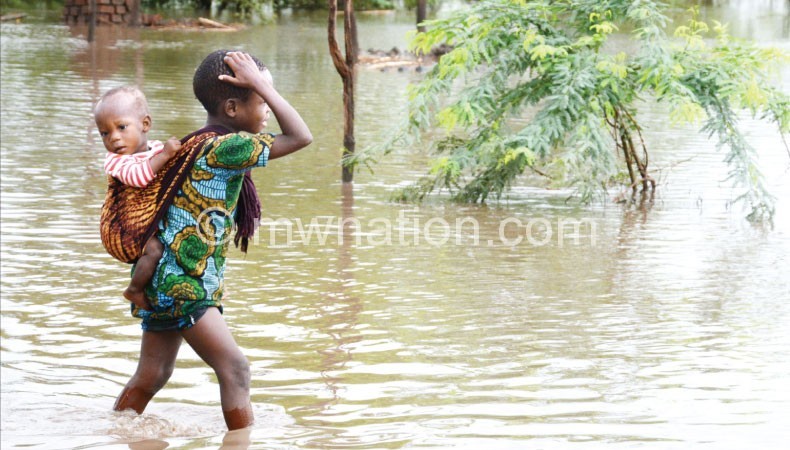Cisonecc draws climate change lessons from Kenya
The Civil Society Network on Climate Change (Cisonecc) says their trip to Nairobi, Kenya during the 9th International Conference on Community Based Adaptation (CBA) last week was full of lessons regarding how communities in Malawi can be empowered to adapt to climate change.
Cisonecc assistant national coordinator Heather Maseko told The Nation that communities in Kenya are benefiting from utilising climate change information to make decisions on adaptation and agricultural production.
Maseko said community-based adaptation to climate change is aimed at empowering communities to use their own knowledge, systems and capacities to adapt to climate change.

“We saw how communities in Kenya are benefiting from community-based adaptation. Like Malawi, communities in the eastern province of Kenya’s Makueni county, were dependent on maize for food and for income,” said Maseko.
She added that climate systems in the region have changed and could not support efficient maize production, let alone on using the available varieties due to change in temperatures and erratic rainfall.
“The research institution Kenya Agricultural and Livestock Research Organisation (Karlo) assisted the communities in developing appropriate plant varieties for production and the generation and use of climate information.
“Weather data is translated by the researchers and various experts to develop an “advisory” that consist of seasonal predictions of rainfall patterns and provide options to farmers on which crops and varieties to plant, when and how. Besides the advisory, communities have taken up improved agricultural practices such as irrigation, mulching, terrace making, manure making, crop diversification and livestock production,” she explained.
Maseko also noted that rainwater harvesting is a common practice in the region with no formal water systems.
“Communities harvest rainwater through modern and traditional technologies. Water from rooftops never goes to waste in such communities. Harvested water is used for crop production, livestock feed production, domestic use and fish farming.
“The research institutions and extension system assists the communities in choosing and developing appropriate technologies. Nevertheless, not all community members have adopted these technologies,” she said.
Contrary to most livelihood programmes, Maseko also noted, communities in these initiatives selected their pathways for adaptation from the information and options that they were given by research.
The three day conference was held under the theme ‘measuring and enhancing effective adaptation’.





